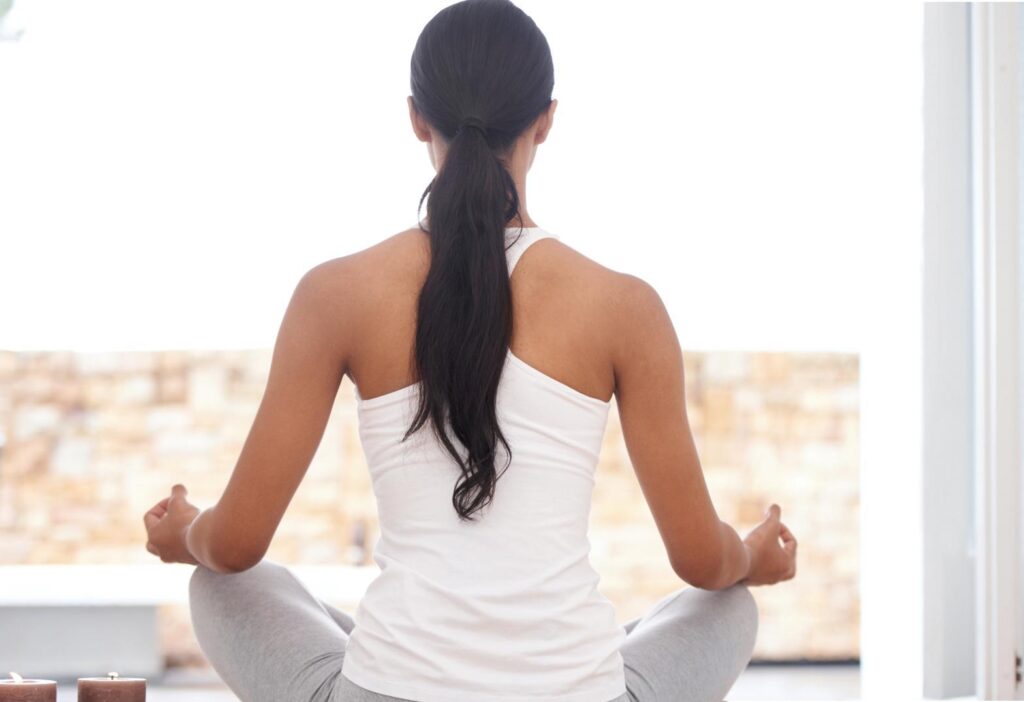Key Takeaways:
- Meditation is a simple tool that can be easily integrated into daily routines.
- Studies show that regular meditation benefits physical, emotional, and mental health.
- Simple practices can lead to significant positive changes in stress management and emotional regulation.
Introduction
Meditation is a sanctuary for the mind and soul in a world bustling with endless activities and demands. Although meditation is ancient, its applications continuously evolve in our modern society. Many seek the tranquility that meditation provides, whether dealing with the daily stressors of work, managing family life, or simply enhancing personal growth. Various platforms for meditation Hopewell NJ, offer spaces and guidance for individuals to cultivate inner peace and integrate mindfulness into their everyday lives.
The Science Behind Meditation
Diving into the neurological implications of meditation, the practice has been found to impact brain function significantly. Neuroimaging studies reveal that meditation can alter the brain’s structure, increasing the gray matter in areas associated with emotional regulation and cognitive function. According to Psychology Today, regular meditation reduces stress hormones like cortisol. It enhances the activation of the prefrontal cortex, the part of the brain responsible for planning, problem-solving, and emotional control.
Physical Health Benefits
Meditation’s impact is not confined to mental peace; it extends significantly into physical health. For instance, research has shown that people who practice meditation regularly experience lower heart rates and improved circulation, contributing to a reduced risk of cardiovascular diseases. This benefit is crucial today, where heart-related health issues are prevalent. Meditation also boosts the immune system by enhancing the body’s response to pathogens, leading to fewer illnesses and general well-being.
Enhancing Emotional Well-being
Emotional health is a critical component of overall wellness, and meditation is a solid foundation for nurturing this aspect. By fostering an attitude of mindfulness and presence, individuals can cope better with anxiety and depression. Meditation teaches practitioners to observe their thoughts without judgment, leading to a decrease in negative thought patterns and an increase in resilience. Anecdotes abound of people who, through consistent meditation practice, have transformed their mental health landscapes, moving from places of distress to spaces of calm and hope.
Mental Clarity and Focus Increase
Maintaining mental clarity can be challenging in a digital era with many distractions and short attention spans. However, meditation offers a solution by enhancing focus and concentration. Meditation techniques, such as mindfulness breathing or focused attention, increase one’s capacity to concentrate on tasks effectively. This not only heightens productivity but also enriches the quality of work, allowing individuals to excel in academic and professional arenas.
Creating a Personalized Meditation Routine
The beauty of meditation lies in its adaptability; there’s no one-size-fits-all approach. Anyone can begin with short meditation sessions and gradually increase the duration as they become more comfortable. Start with a commitment of a few minutes daily, focusing on the breath or repeating a calming mantra. The key to developing a successful meditation routine is consistency. This regular practice harmonizes the mind and body, ensuring meditation becomes a cherished time of day rather than an obligation.
Meditation in Modern Life
Technology makes incorporating meditation into a bustling modern lifestyle easier than ever. Several meditation apps are now available, providing guided meditations, sleep sounds, and ambient music to suit any preference or situation. These technological advancements make meditation accessible to everyone, transforming any setting into a meditative sanctuary and offering moments of peace amidst chaos.
Embracing Mindfulness in Every Activity
Mindfulness extends beyond the traditional confines of seated meditation. It can be effortlessly integrated into daily life by becoming present in each moment, turning routine activities into mindful practices. Whether savoring your morning coffee, appreciating the beauty of nature during a walk, or reflecting on gratitude before sleep, these small changes can significantly impact overall mindfulness. Building a community of like-minded individuals can provide mutual encouragement, making mindfulness a shared journey toward a harmonious life.



